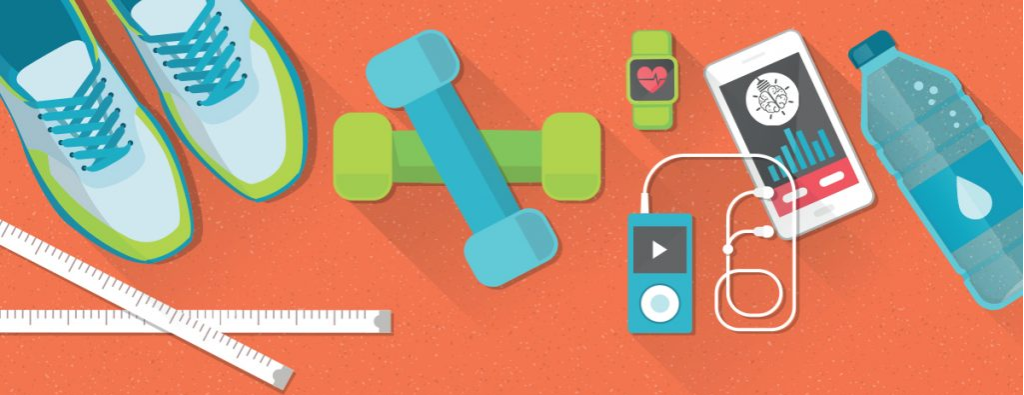If You’re Doing This, Your Body Can’t Trim Down

You see, when your body is under stress, it produces the hormone cortisol, which decreases your metabolism and encourages your body to store fat in your abdominal area.
Additionally, chronic stress makes you gain visceral fat, which is the most harmful kind, because it increases…
- Inflammation
- The risk for cardiovascular disease
- The risk for Type 2 diabetes
In the short term, this stress response is good. It prepares the body to handle physical, emotional, chemical, social, and psychological stressors. Because acute stress is a temporary challenge, the body returns to its normal state as soon as the stressor is gone. Chronic stress on the other hand, which often seems unmanageable, puts an array of different physiological demands on the body that contribute to belly fat.
Chronic Stress:
- Continually releases cortisol so that levels remain high
- Increases blood sugar so your body has fuel to fight back
- Stimulates appetite during dips in chronic stress
- Considerably inhibits the breakdown of fat
- Will cause your body to continue to release more and more of the fat-storing enzyme (LPL)
- Produces visceral fat that keeps insulin levels high, keeping your body in fat storage mode
In addition to the physiological effects that contribute to weight gain, chronic stress takes a toll on our emotions by increasing anxiety, apathy, and depression, all of which can make us turn to food as a coping mechanism.
Research shows that people who are chronically stressed prefer comfort foods—those higher in fat, sugar, and sodium. These foods inhibit the brain’s production of stress-related emotions, thereby calming us down and temporarily making us feel better. A study at the University of California, San Francisco showed that when stressed women were left alone in a room with unlimited access to food, they ate 57 percent more than those less stressed.
People who are chronically stressed also tend to skimp on sleep or sleep poorly, and sometimes turn to harmful substances like alcohol to cope.
So, what was happening to that poor woman at the gym? Well, physical exercise is a stressor, and when you over-stress an already stressed body, it will go into a natural preservation response, holding onto or adding excess fat at all costs.
I often ask audiences what they think it takes to increase metabolism and the unanimous answer is—exercise! But the reality is, exercise without rest and recovery will have the reverse effect, slowing metabolism and triggering fat storage.
The rest and recovery phase is where ReShape comes in handy. Its collection of mindfulness audios based on BrainTap technology helps you easily move into the relaxation response, with the benefit of resetting your body’s regulatory systems, including your metabolism.






